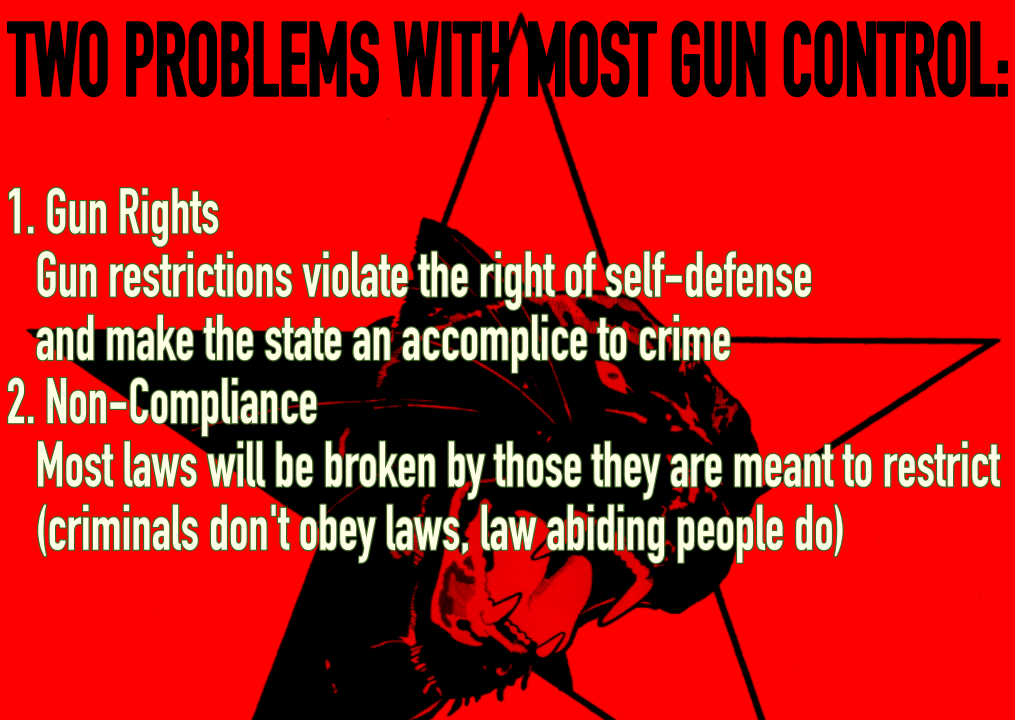Fighting Crime or Just Locking Up Blacks? Liberal Authorities in Chicago Make it Impossible for Blacks to Get Guns and Lock Up Thousands for Gun Possession While Making Few Arrests in Gun Shootings
/From [HERE] In Chicago, the race to get guns off the street often begins with a police stop.
Officers just need a pretext to search someone. A man in a white Ford sedan blocking an alley. A bulge in a fanny pack at the beach. The smell of “fresh cannabis” wafting from an open window. Tinted windows. A missing license plate. Police reports show that the list goes on.
“Each gun recovered, regardless of how, is a potential life saved,” then-police Supt. David Brown said at a news conference last year, a mantra he repeated frequently.
But, in Chicago, gun enforcement overwhelmingly focuses on crimes involving possession — not use.
Officials justify the focus on confiscating guns — even if they aren’t being fired at anybody — as a way of curtailing violence. Yet even as the number of possession arrests skyrocketed, the number of shootings increased, and the percentage of shootings involving victims in which someone was arrested declined.
For this article, The Marshall Project read nearly 300 arrest reports to understand the tactics police use to find guns and compiled decades of police data showing a history of discriminatory gun enforcement, conducting more than 100 interviews with people navigating gun cases, researchers, attorneys and community residents. Key findings:
From 2010 to 2022, the police made more than 38,000 arrests for illegal gun possession. The number of these arrests — almost always a felony in Illinois — doubled during this time.
Illegal possession is the most serious offense in most of the cases analyzed, the charges often bearing names that imply violence, like “unlawful use of a weapon.”
Research by Loyola University Chicago found that most people convicted in Illinois for these charges don’t go on to commit a violent crime and that people who already committed violent crimes are more likely to do so again.
Although Black people comprise less than a third of the city’s population, they were more than 8 in 10 of those arrested for guns in the period reviewed. The majority were men in their 20s and 30s.
Even if not sentenced to prison, those we interviewed faced criminal records, probation, job loss, legal fees and car impoundments.
Weapons arrests, which include illegal gun possession, are at their highest since the mid-1990s.
“Guns are not assembly-line cases, and they shouldn’t be treated as such,” says Chris Hudspeth, 31, who has been incarcerated for illegal possession. “I’m scared for my life — and I gotta go to prison because I fear for my life, for my family’s safety? Because we’re not fortunate enough to live someplace else?” [MORE]






































































































































































































































































